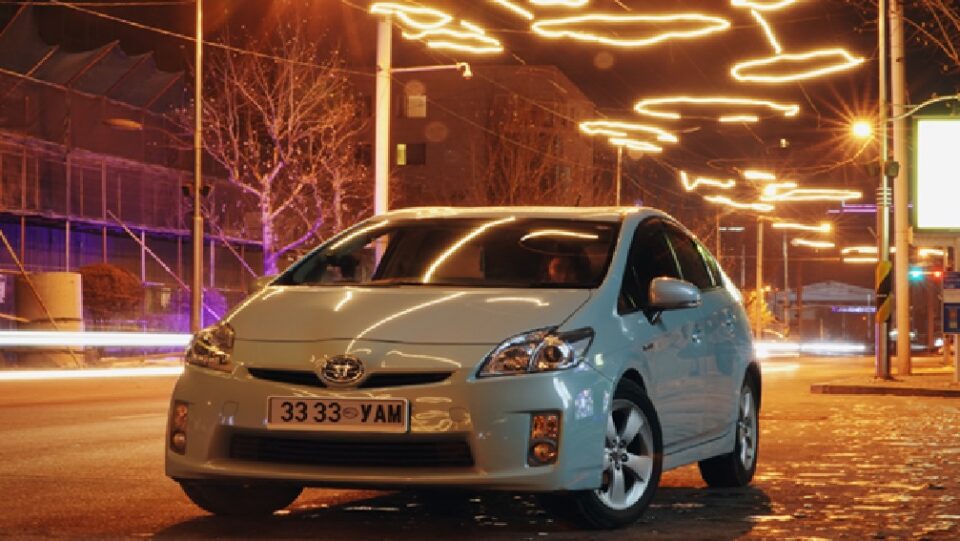Deciding whether to buy and sell cars in Singapore or rely on public transportation can be difficult. The island city-state possesses one of the most efficient transport networks in the world. Being expensive to own and operate, Singapore offers unique considerations for residents contemplating this choice. Being aware of the pros and cons associated with this choice will lead to appropriate decision-making. Let’s discuss the different options of debate between car ownership and commuting, pointing out things that may help you decide what suits your lifestyle and budget.
Advantages of Car Ownership in Singapore
Owning a car in Singapore is undeniably convenient, mainly for people who travel long distances at regular intervals or live in parts of Singapore that are not served well by public transportation. Thus, you can plan trips on your schedule, have private transport, and have greater flexibility with a car. For a family, owning a car can simplify the daily routine — school drop-offs, grocery shopping, and weekend outings.
When you make up your mind to buy a car in Singapore, you also get access to a wide range of models through genuine car dealers. From compact city cars to luxury sedans, the options meet different preferences and budgetary requirements. Many dealers also offer warranties and after-sales services, thus assuring peace of mind after buying. Also, Singapore’s roads are well-maintained with “clear” traffic regulations. Most urban dwellers find driving pretty smooth under these conditions.
However, one cannot and should not forget to consider the financial aspect of owning a car. Other than the huge lump sum, owners have recurring expenses (Certificate of Entitlement, road tax, insurance, and maintenance fees). If one is buying from a car dealer, then further research and comparisons are a must to get the best for your hard-earned money.
The Joy of Commuting in Singapore
Singaporean public transport is efficient, affordable, and wide-ranging, and for many citizens, travelling to destinations is no hassle. Seamless connectivity is available across the island with MRT, buses, and even taxis — around the around-the-clock, including rush hours. The convenience of MRT, buses, or even taxis negates the need for parking and reduces the negative impact on the environment caused by private vehicle usage.
LEARN MORE: Guide to the Used Car Market in Singapore

Another major benefit of commuting is economies in cost. Even though the fares for public transport should add up, it remains much less than car ownership. When one needs flexibility about money, then public transport is a cost-effective alternative. In addition, commuting eliminates one’s obligation to take care of the vehicle, including servicing or any surprise repairs.
Other than the alternatives for those who can afford a car, specialised buy-and-sell car platforms offer short-term ownership options. These offer the chance to access vehicles for weekend getaways or special events without the expense of full ownership that would haunt one’s finances for so long.
Key Considerations for Making the Right Choice
Many personal factors come into play while making this choice, and lifestyle has a significant role to play; for people who have demanding schedules or irregular working hours, a car might be the way to go. However, people who work in places that have proper public means of transport may find it easier and cheaper to commute to work.
Equally important is financial planning. Those contemplating a car in Singapore should consider the overall cost of ownership, which may encompass additional fees over time that are not immediately covered. Research through reputable car dealers ensures a transparent buying process and vehicles suitable for your requirements. Commuters, however, need to appraise the convenience of their transport routes and options to and from their residence or workplace.
ALSO READ: Preparing Your Car for Sale: A Complete Checklist
Another aspect is the environmental impact. Public transport generates a smaller carbon footprint than private cars. Eco-conscious buyers can use the MRT or bus network to satisfy sustainability goals. Buyers can also look for fuel-efficient or electric vehicles from dealers to mitigate their environmental impact.
Whether you are living in Singapore and buying a car or instead taking public transportation comes down to your situation, preferences, and priorities. Both have pros and cons, like the flexibility of car ownership and the affordability of commuting. Factors that weigh these alternatives set convenience, cost, and environmental impact against one another to find the most suitable fit for the lifestyle.
Want to explore quality vehicles and trusted services in Singapore? Contact VINCAR today for expert guidance and a wide selection of cars tailored to your needs.

